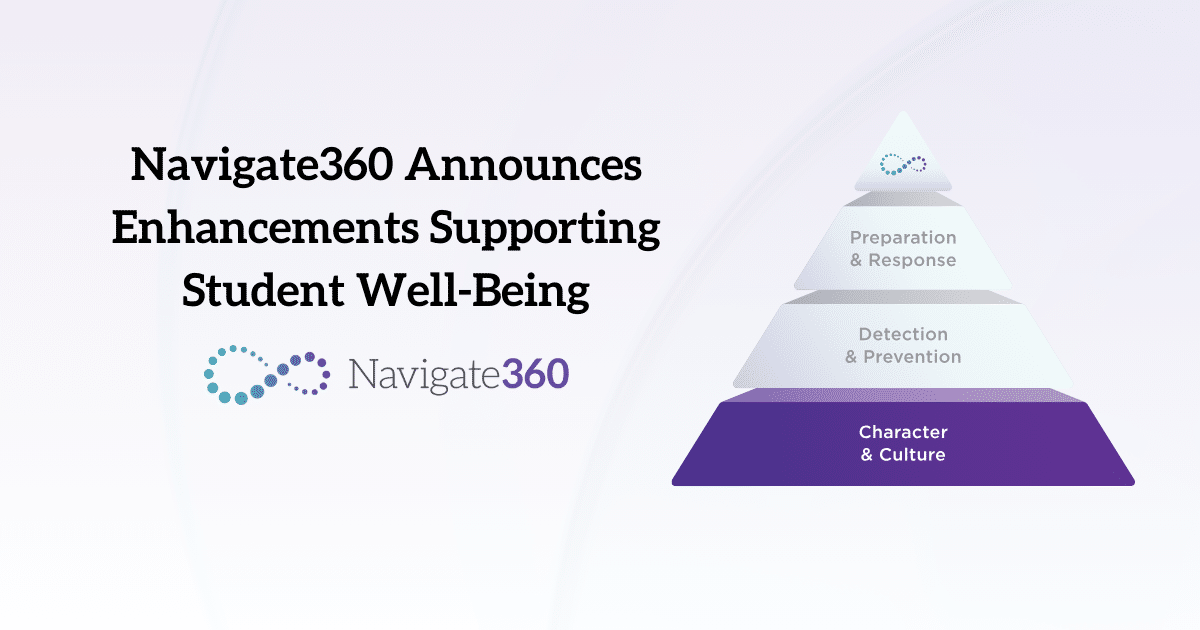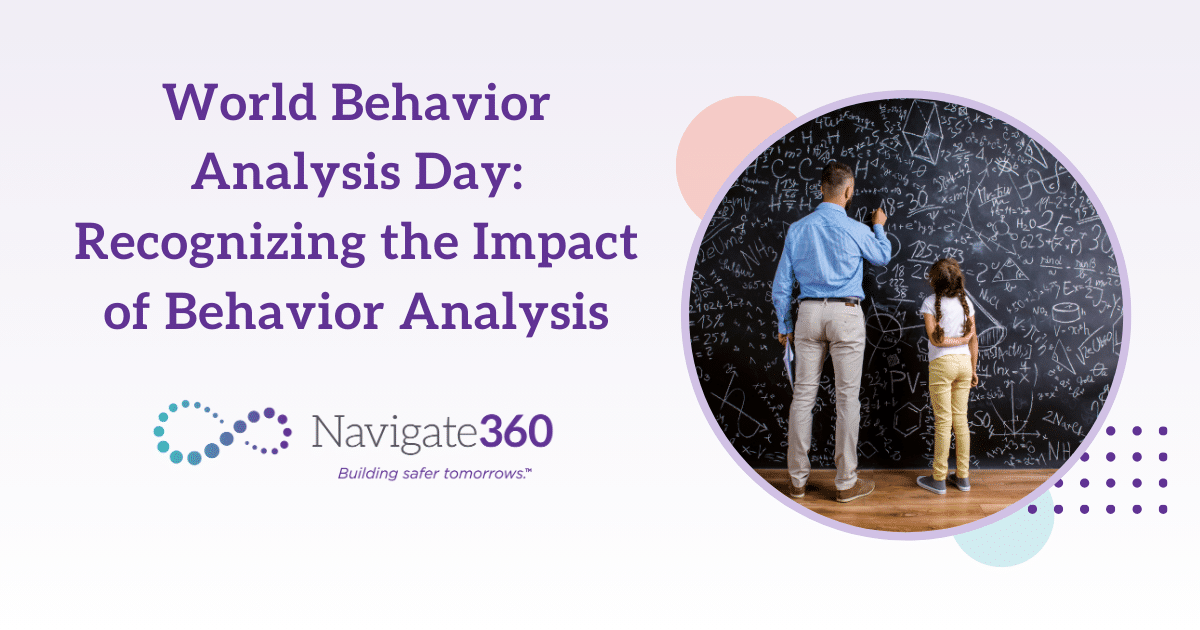Every educator understands how quickly classroom order can unravel with one simple act of negative behavior. One student’s behavior can impact the learning experience for everyone, including students who typically perform well academically.
Most educators have a wealth of classroom management techniques that help their classroom run smoothly. Without a doubt, it’s best to address challenging behaviors early. Early intervention is key, particularly for those troubling behaviors that have the potential to escalate into serious issues. Identifying, tracking, and targeting troubling behavior through early intervention is paramount for fostering healthy personal development and preventing potential harm. Early behavior intervention allows individuals to overcome challenges and helps to create a positive school climate.
Identifying Negative Behaviors
Schools that implement PBIS often find that focusing on positive behaviors helps them to identify and mitigate negative behavior. Negative behavior stands out in stark relief against the positive behaviors promoted in the schoolwide matrix.
Negative behaviors can include:
- Disrupting class by talking out of turn
- Cheating
- Fighting
- Smartphone use
- Making too much noise
- Tardiness
- Inappropriate chatter
- Bullying
- Absenteeism
- Distraction/off task
Traditional punitive disciplinary methods tend to highlight negative behaviors like these, giving disproportionate attention to these actions. For some students, any attention is better than no attention, and placing a spotlight on these behaviors may encourage their continuance. Consequently, many of these behaviors become habits, leading to poor educational outcomes for some students.
Tracking Negative Behaviors
Once negative behaviors have been identified, it’s important to track them. The frequency of occurrence, location, and impact of these behaviors have implications for overall school climate.
Tracking behavior patterns for negative behaviors is essential to gain insight into the root causes of these actions as well as their potential triggers. Monitoring these actions enables the school to form a comprehensive understanding of a student’s challenges and helps in forming targeted interventions.
The use of technology in tracking these behaviors is particularly helpful. Behavior-tracking apps and digital curricula can provide data-driven insights that are purely objective, enabling educators to address challenges more effectively.
Targeting Negative Behaviors
Early behavioral intervention is not only about identifying and tracking but also about implementing targeted strategies to address problematic behavior. This can include providing counseling services, deploying tailored curricula, or using specific interventions based on individual needs.
Targeting negative behaviors allows educators to provide students with the tools and skills necessary to navigate and overcome their challenges.
Within a PBIS initiative, students who qualify for targeted interventions are often placed in Tier 2 or Tier 3, depending on the challenging behaviors exhibited. If the behaviors in questions are common to a specific cohort of students, Tier 2 group interventions can be effective. For students who need more intensive, individualized support, Tier 3 interventions can help them find success.
Helping Students Overcome Behavioral Challenges with Early Intervention
While educators understand that one disruptive student can affect the entire classroom, it’s important to note that the long-term effects of this behavior are quite serious. Disruptions and negative behaviors not only affect the student exhibiting them, but they also impact lifelong outcomes for all students in the class. Research has shown that students exposed to the negative behaviors of a single classmate are less likely to attain a college degree as well as experiencing lower early-career earnings. Unaddressed behaviors can produce academic difficulties, poor relationships, mental health challenges, and delinquent activities – both for the individual student and for their classmates.
Early behavioral intervention can help mitigate these risks, paving the way for positive outcomes. A PBIS initiative focuses almost exclusively on the recognition and acknowledgement of positive behaviors. It also provides a clearly defined disciplinary path for those behaviors that escalate beyond simple correction or redirection. Early intervention practices can correct behavior in the moment as well as prescribe a series of interventions designed to build the skills necessary for positive behavior.
Fortunately, Navigate360 can help districts and schools to set students on the path to lifelong success with a pair of solutions designed to address behavioral challenges.
PBIS Rewards Advanced Referral System (ARS)
Manually tracking office discipline referrals can cause interventions to be less effective. A physical paper trail typically tracks the disciplinary process for single infractions. This would be fine if a student or students only needed to go through the process once. However, for many students exhibiting negative behaviors, a single intervention, deployed once, does not get to the root of the issue and does not solve the problem. Negative behaviors can quickly become negative habits without early intervention. In PBIS Rewards’ Advanced Referral System, or ARS, single and multiple referrals can be tracked throughout the process. Because ARS is completely digital, the system tracks every data point of a referral, enabling schools to spot patterns and drill down into concerning behaviors.
Behavior Intervention & Restorative Practices
Challenging student behavior can be turned in a positive direction with Navigate360’s Behavior Intervention & Restorative Practices curriculum. Designed to be a solution for educators seeking targeted, intensive lessons on a variety of topics, Behavior Intervention & Restorative Practices enable students to learn from challenging behaviors. Schools can customize the curriculum as part of their disciplinary process, assigning lessons that align with specific behaviors and enabling students to learn from their mistakes. For schools using ARS in PBIS Rewards, lessons can be assigned as part of the discipline process within ARS. Lessons can be adjusted on a per-student and per-infraction basis, enabling conversations between students and educators and building appropriate behavioral skills.
Navigate360 enables districts and schools to become guardians of prevention, helping to prevent incidents before they escalate. We’d love to show you how to identify and address warning signs and improve your students’ mental and emotional well-being. Contact us for more information!



